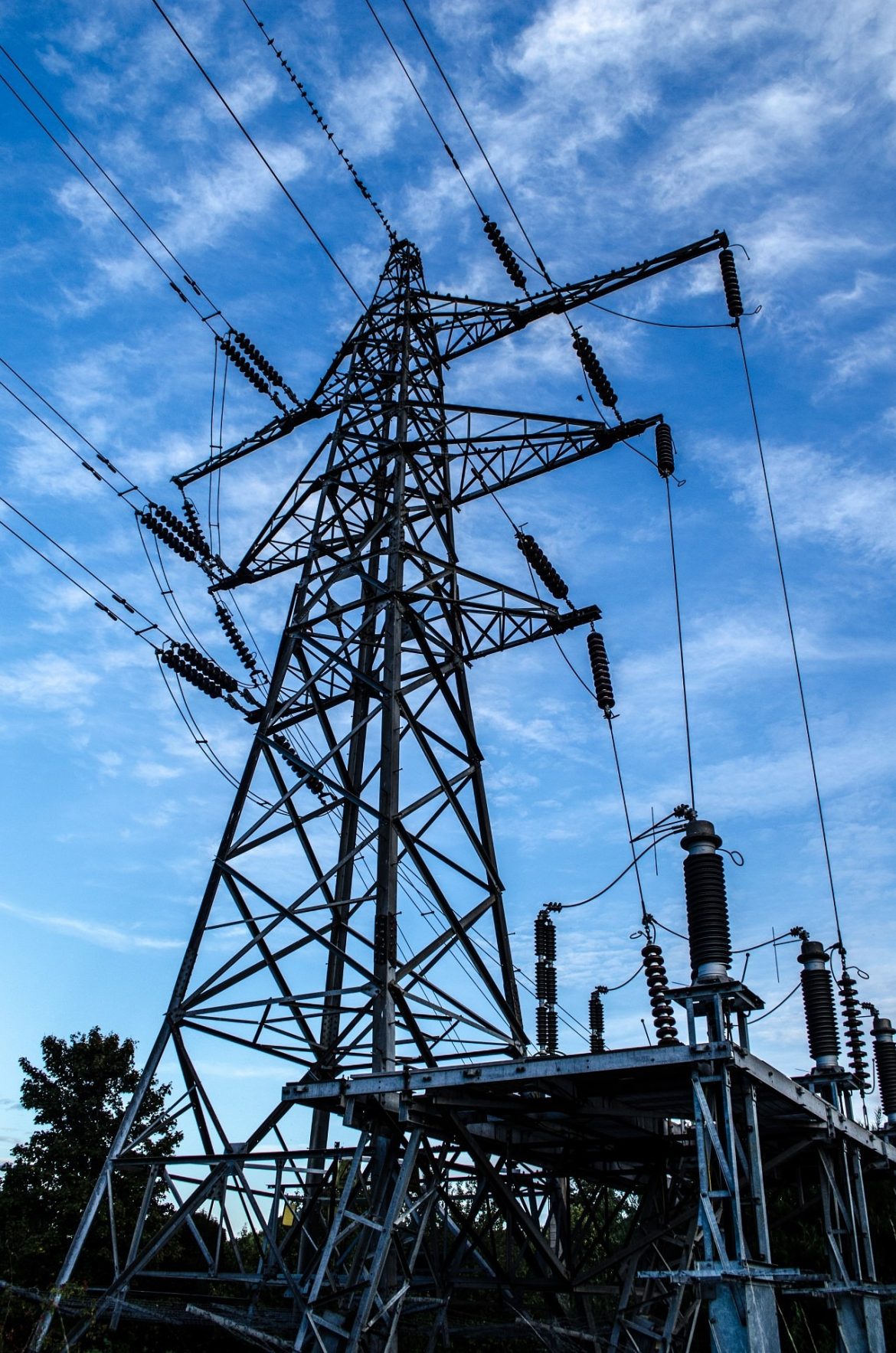The Presidency has firmly stated that the recent decision by Eskom to reserve grid capacity for public independent power producers (IPPs) will not impede the progress of over 130 private IPP projects, which aim to generate a substantial 22.5 gigawatts (GW) of energy for private consumers. This assurance was given during a briefing focused on the advancements under Operation Vulindlela, a reform initiative addressing South Africa’s chronic load-shedding issues and promoting energy sector reforms.
During the briefing, Rudi Dicks, head of the Presidency’s project management unit, highlighted significant strides made through the Energy One Stop Shop in fostering private energy projects. These projects, stimulated by reforms allowing grid-connected private projects of any size to proceed without a license, now represent an estimated investment value of R390 billion. Dicks emphasized that these private initiatives are in addition to the public procurement processes outlined under Section 34 of the Electricity Regulation Act, which targets about 10,000 MW from wind, solar PV, gas-to-power generation, and battery energy storage.
The discussion comes amid concerns that Eskom’s request to the National Energy Regulator of South Africa to prioritize Section 34 IPPs could disadvantage private IPP investments. However, Dicks clarified that this move by Eskom wouldn’t affect the existing pipeline of 22,500 MW, as many of these projects had already secured grid connection approvals. He further explained that Eskom’s reservation of capacity was not meant for the entire grid system but was a targeted measure to ensure adequate capacity for future wind projects, especially following the disappointing outcomes of Bid Window Six (BW6) of the Renewable Energy Independent Power Producer Procurement Programme. This round saw no wind IPPs selected due to prior capacity allocations to private IPPs under Eskom’s former ‘first come, first served’ grid-access rules, now adjusted to ‘first ready, first served’.
This adjustment was deemed necessary to prevent a repeat of the issues faced during BW6, as Eskom aims to ensure the success of upcoming bidding rounds, including Bid Window Seven (BW7). The deadline for BW7 submissions was recently extended to allow potential bidders to adapt to grid connection uncertainties and a new curtailment policy stated in Eskom’s Grid Capacity Connection Assessment for 2025. This policy would allow for a “reasonable share of no more than 10% of curtailment” in connecting wind generation, offering 3,470 MW of additional capacity primarily in the Western Cape and Eastern Cape.
Regarding the broader legislative environment, the briefing touched upon the Electricity Regulation Amendment Bill passed by the National Council of Provinces on May 16. While Dicks refrained from speculating whether President Cyril Ramaphosa would sign the bill, the ‘Phase 1 Review’ document of Operation Vulindlela released on May 22 indicated that the next phase of electricity reform would focus on restructuring Eskom, fostering a competitive wholesale electricity market, and expanding the transmission network to support increased renewable energy integration.
The continuation of Operation Vulindlela into the next administration was suggested as likely, with the National Treasury and the Presidency viewing it as a baseline scenario. Phindile Baleni, director-general, expressed confidence in the initiative’s methodology, which has shown effectiveness across five priority areas: electricity, freight logistics, water, telecommunications, and visa reform.



